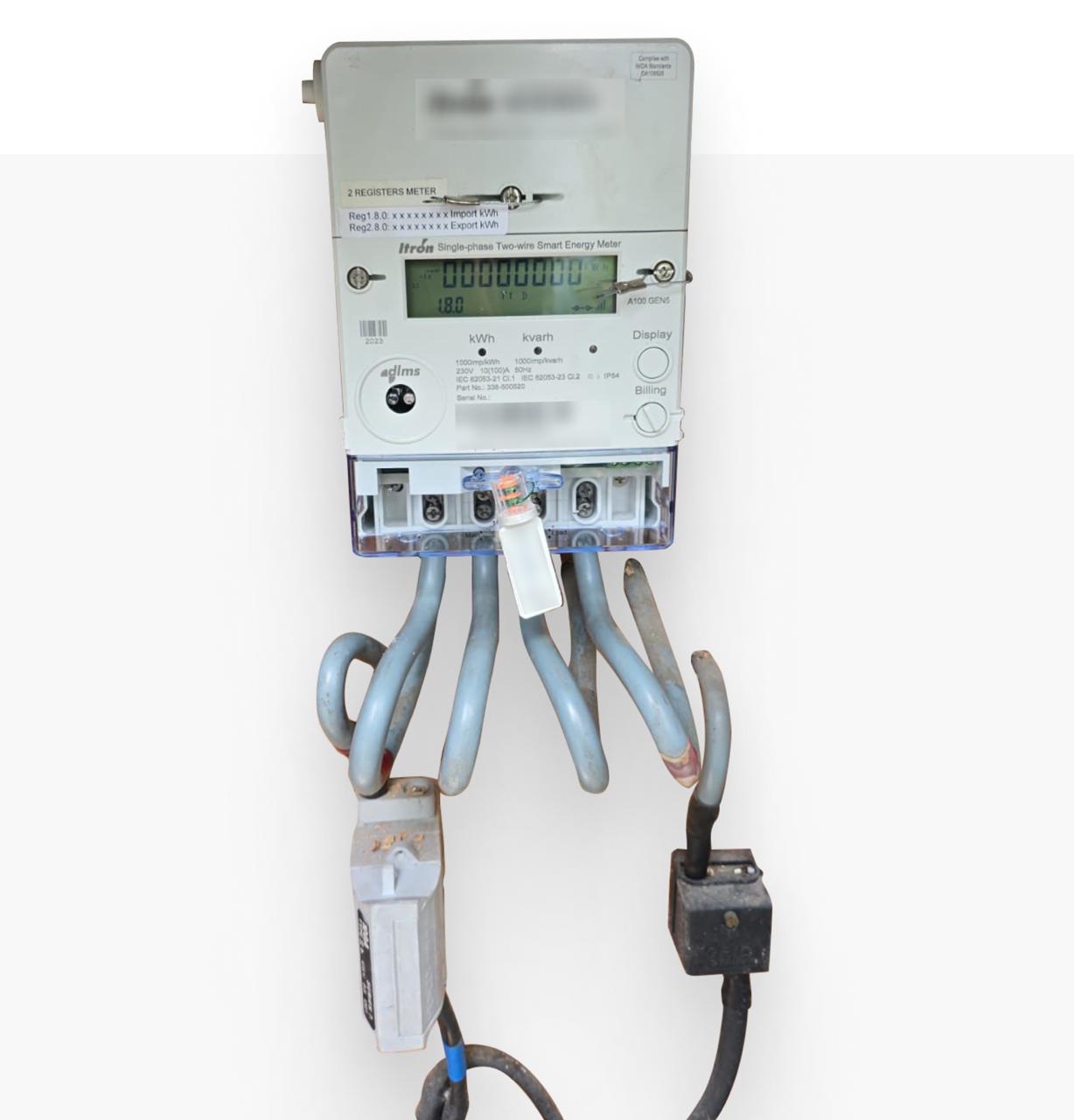-Technology
Understanding Solar Net Metering in Singapore
- WP_admin
- Oct 29, 2024
As the demand for renewable energy grows, solar net metering has emerged as a key initiative in Singapore, enabling both residential and commercial property owners to harness solar energy efficiently. This system not only promotes sustainable energy usage but also offers financial incentives to those who invest in solar photovoltaic (PV) systems.

What is Solar Net Metering?
Solar net metering is a billing mechanism that allows solar panel owners to receive credits for the excess electricity they generate and feed back into the grid. When your solar panels produce more electricity than your property consumes, the surplus energy is sent to the grid, and you receive credits on your utility bill for this contribution. This arrangement helps to offset the cost of electricity consumed from the grid during periods when solar generation is low, such as at night or on cloudy days.
How Does Solar Net Metering Work?
Installation:
The process begins with the installation of a solar PV system on your property. This system captures sunlight and converts it into usable electricity.
Energy Generation:
During sunny days, your solar panels generate electricity. If you use less electricity than what your solar panels produce, the surplus is exported to the national grid.
Bi-Directional Metering:
A bi-directional meter measures the electricity you draw from the grid and the excess electricity you send back. This meter ensures accurate tracking of your energy usage and credits.
Credits on Your Bill:
At the end of each billing cycle, your utility company calculates your net energy consumption. If you have fed more energy back into the grid than you consumed, you receive credits that reduce your electricity bill.

Benefits of Solar Net Metering
1. Cost Savings
One of the primary advantages of solar net metering is the potential for significant cost savings. By generating your own electricity and earning credits for surplus energy, you can reduce your overall electricity expenses. This can lead to a faster return on investment for your solar PV system.
2. Environmental Impact
Solar net metering supports Singapore’s sustainability goals by encouraging the use of renewable energy. By investing in solar technology, property owners contribute to reducing carbon emissions and reliance on fossil fuels, aligning with national initiatives for a greener future.
3. Energy Independence
By generating your own electricity, you become less dependent on the national grid. This energy independence provides stability against fluctuating energy prices and supply disruptions, making your energy costs more predictable.
4. Increased Property Value
Installing a solar PV system can enhance the value of your property. Potential buyers often view energy-efficient features as attractive, leading to higher property valuations.

Considerations for Solar Net Metering
While solar net metering offers many benefits, it’s important to consider a few factors before installation:
Initial Costs
The upfront investment for solar panel installation can be significant. However, various government incentives and financing options can help mitigate these costs.
Site Suitability
Not all properties are suitable for solar installation. Factors such as roof orientation, shading from trees or buildings, and available space must be evaluated.
Regulatory Compliance
Ensure compliance with local regulations and guidelines regarding solar installations. This may involve obtaining necessary permits and working with licensed installers.
Conclusion



